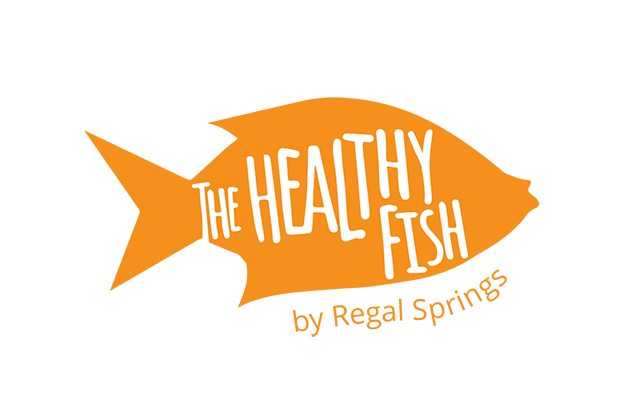The food we eat is nature’s best medicine. Macronutrients like protein and carbohydrates give us the energy we need to move through the our day, while vitamins help support various processes carried out by our muscles and organs. But on an even smaller level, we’re made up of cells, and cells need food and protection, too. One of the major allies our bodies have to ensure the health of our cells is known as antioxidants.
What Are Antioxidants, and Why Do We Need Them?

Antioxidants are naturally occurring compounds that help negate the effects of oxidants within our bodies. What are oxidants, you ask? Oxidants are free radicals that can be found in our environment—such as in cigarette smoke, pesticides and air pollution—but they are also created naturally by our bodies. While oxidants are essential for helping your body defend itself against viruses and microbes, they can also be our cells’ downfall, as having too many free radicals is our system can contribute to certain cancers and diseases, including heart disease.
This is where antioxidants come in. Antioxidants help to prevent molecules from oxidizing, thereby preventing or stopping cell damage caused by oxidants. While this information might have you running to the nearest pharmacy to stock up on antioxidant supplements, it’s important to understand that it is possible to have too much of a good thing—by overloading your system with supplements, you could suppress your body’s own antioxidant defence system. Therefore, depending on your access to fresh and wholesome foods, it might be best to stick to natural sources to fill your antioxidant quota.
Where Can I Find Antioxidants?
Antioxidants occur naturally in numerous plant-based foods. While there are thousands of different antioxidant compounds out there, the most well known include:
- Flavanols (found in dark chocolate)
- Resveratrol (found in wine—excellent news!)
- Lycopene (found in tomatoes)
- Catechins (found in tea, apples and certain berries)
- Vitamins A, C and E
Generally speaking, brightly colored fruits and vegetables are the best sources of these antioxidants, which is why you’ll often hear people touting the antioxidant benefits of blueberries.
But there is another antioxidant that doesn’t get nearly as much press: selenium. Present in fish like Tilapia, selenium is an essential mineral that is beneficial to thyroid health, with research suggesting it could even lower the risk of heart disease and neurological diseases. Selenium is present in a number of foods, including Brazil nuts, fish, oysters, sunflower seeds and eggs, and while supplements are available, including more of this powerful antioxidant in your diet is the best choice.
How to Add Selenium to Your Diet

Adding selenium—and other antioxidants—to your diet is easy. Try some of these delicious antioxidant-rich Tilapia recipes to up the selenium in your diet:
- Chimichurri Grilled Tilapia with Avocado Skewers
- Green Goddess Pasta with Pesto Tilapia
- Easy Tilapia Pot Pie
- Barbecue Tilapia Sandwich
Increasing your antioxidant consumption is easy when you choose fresh, whole foods. Choose nutrient-dense fruits and vegetables and lean proteins like Tilapia to turn your family’s dinner plates into nature’s best multivitamin.
Discover more ways that food can add vitamins and minerals to your diet with these seven vitamin-rich recipes.
Photo Credits: Taste of Home, Amazing Wellness, Real Simple






